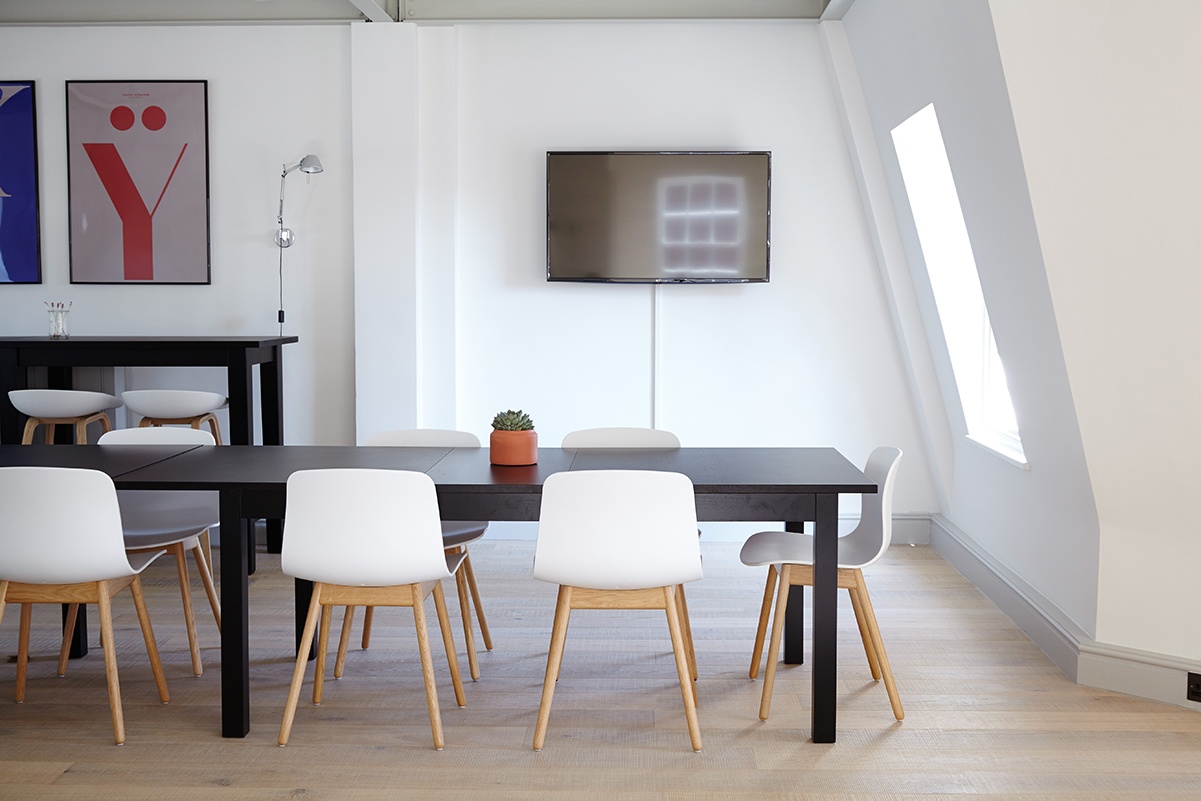
Picture this: you walk into a brightly lit home, new furniture laid out in a way that maximizes the space. You imagine yourself waking up to natural light, brewing a pot of coffee in a pristine, updated kitchen, and relaxing on the porch in plush patio furniture. Now imagine that you walk into the same home, funky and outdated paint colors cover the walls. There’s no furniture, and the house looks small, old, lived in. What scenario would you rather your potential buyers experience? Staging your home means the difference between the two. While it is often seen as an unnecessary expense, in reality there are so many benefits to hiring a professional stager to get your home in tip top shape during showing.
Just like the example above, staging helps potential buyers imagine themselves living in a home. A 2015 survey from the National Association of Realtors found that over 81% of buyers “find it easier to visualize the property as their future home,” when it is staged. Once a buyer can see themselves living a happy life in a home, they are practically sold.
HomeCity Real Estate Agent Kristi Richards says, “Staging is important to show the home in the best possible light for photos,showings, and marketing materials. Decluttering and depersonalizing the home keeps the buyers focused on the features, not the clutter.”
Additionally, staging a home drastically increases the selling price of a house, compared to similar homes. The 2017 profile of home staging by NAR found that 29% of sellers’ agents found that staging a home increases the dollar value offered by buyers by one to five percent. Similarly, 21% found that it increases the value by six to ten percent. These numbers are nothing to sneeze at. This means that staging a $400,000 home can increase the buying price by up to $40,000. What’s more is that compared with the additional value that staging adds to your home, the actual cost to stage is insignificant.
On top of getting top dollar for your home, staging will also help increase the speed of sale. A 2015 Real Estate Staging Association survey found that professional staged homes spend 72% less time on the market compared with non-staged homes.
Jennifer Salladay, Agent at HomeCity agrees, “Staging allows more buyers to see themselves living in the space both functionally and aesthetically. And by appealing to a larger pool of buyers, you can often stand out against the competition and sell faster. ”
When all is said and done, staging is extremely beneficial to the seller. From increasing the buying price of a home and decreasing time on market, to helping fuel potential buyers’ emotional response to a home; staging matters a great deal and shouldn’t be overlooked.










